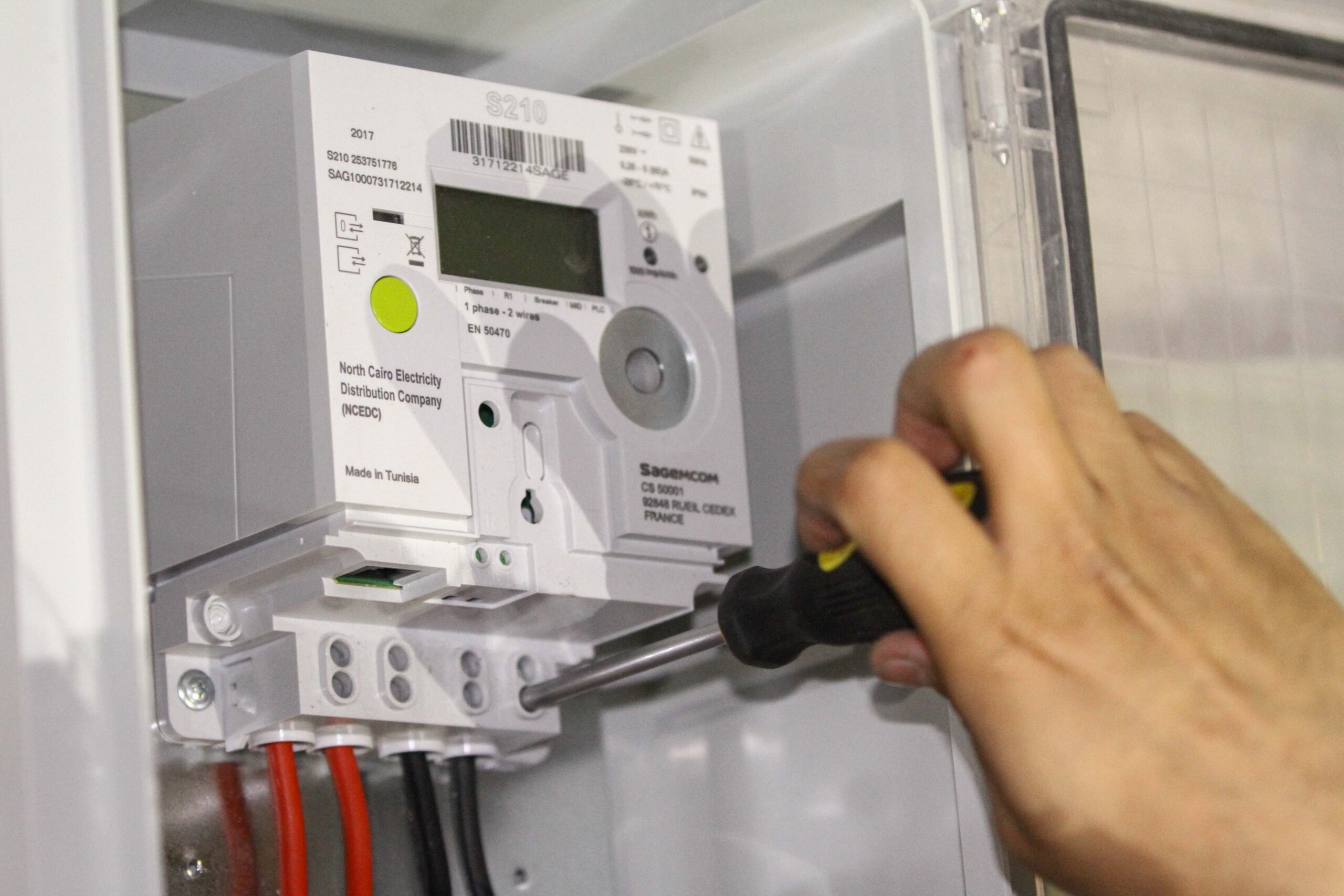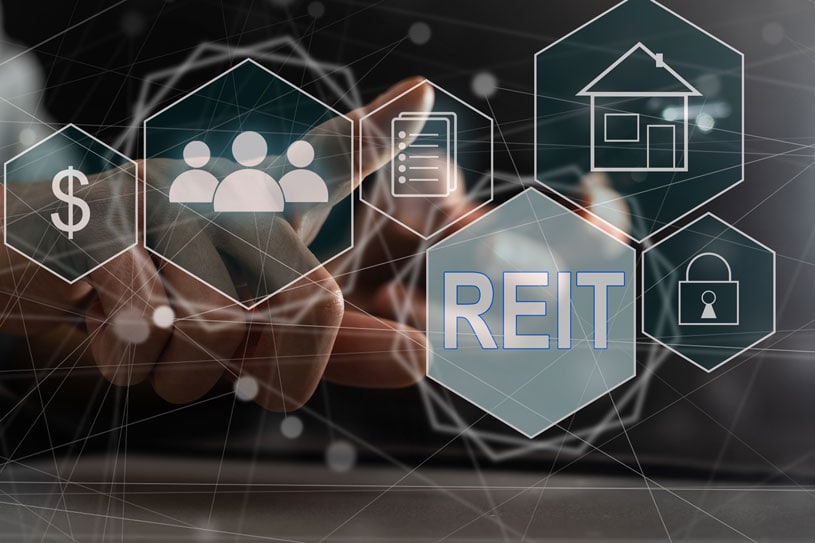An electric meter is one of the most important components in electricity distribution to homes, businesses, and industries. It is a device that measures the amount of electrical energy consumed over a certain period. With increasing demand for efficient energy management, Egypt has been gradually transitioning from traditional mechanical meters to modern, digital, and smart meters, aligning with global trends and pushing for greater energy efficiency.
In this article, we will explore the evolution of electric meters in Egypt, including the different types of meters, their advantages, the government’s initiatives to promote smart meters, and the challenges and opportunities associated with the transition.
Types of Electric Meters in Egypt
Several types of electric meters are used across the country, and their selection largely depends on the application (residential, commercial, or industrial) and the grid’s technological infrastructure.
Analog (Mechanical) Meters
Before the advent of modern technology, analog or mechanical meters were widely used across Egypt. These meters are typically mechanical devices that measure electricity consumption based on a rotating disk. As electricity flows through the meter, it causes the disk to spin, and the faster it spins, the higher the consumption. The reading is displayed on a dial, similar to an odometer on a car.
Despite their reliability over the years, analog meters have limitations. The most significant issue is the need for manual readings. While accurate, this process can lead to human error, inaccuracies in billing, and potential opportunities for fraud or tampering. Additionally, mechanical meters require more frequent physical inspection, which increases costs and the potential for billing errors.
Digital Meters
The transition from analog to digital meters began in Egypt in the early 2000s. Digital meters replace the mechanical parts of analog meters with electronic components that measure electricity consumption with greater accuracy. These meters also feature an LCD or LED display, making it easier for consumers to read the consumption level.
Digital meters provide a more reliable way to measure energy usage and are generally more durable and efficient than their mechanical counterparts. They can also be connected to remote reading systems, which is a stepping stone toward the widespread adoption of smart meters.
Smart Meters
Smart meters are an advanced type of digital meter capable of recording electricity consumption in real-time and transmitting this data directly to the utility company. In Egypt, the government has started to implement smart meters as part of its modernization strategy for the electricity sector. Unlike traditional meters, which require manual readings, smart meters transmit consumption data automatically at regular intervals, which reduces errors and improves the accuracy of billing.
Smart meters also allow for two-way communication between the meter and the utility provider, which can be helpful in managing energy supply more effectively. These meters offer advantages such as real-time monitoring, the ability to detect faults or inefficiencies in the grid, and more granular insights into energy consumption patterns.
The Egyptian government has begun deploying smart meters in various regions and aims to replace traditional meters by 2027 fully. This initiative is part of a broader push to modernize Egypt’s energy infrastructure, reduce energy losses, and promote sustainable energy consumption.
The Shift to Smart Meters in Egypt

The shift to smart meters is a significant part of Egypt’s electricity reform program, driven by the need to optimize electricity consumption, improve grid management, and support the government’s broader economic goals. Several factors contribute to the push for smart meters in Egypt:
- Accuracy and Reliability: Traditional meters, including digital meters, are prone to inaccuracies due to errors in manual readings or billing estimates. Smart meters eliminate these errors by providing precise data in real time.
- Energy Efficiency: With detailed consumption data, consumers can better manage their electricity usage, leading to more efficient consumption patterns and potential cost savings.
- Monitoring and Control: Smart meters provide both utilities and consumers with detailed insights into energy consumption, enabling better control over electricity use. This transparency also helps identify and address issues like electricity theft, overconsumption, or inefficient appliances.
- Cost-Effective Management: Smart meters reduce the need for manual labor and costly meter reading processes, thus saving time and money for utilities and consumers alike. By automating data collection, smart meters allow for more timely and efficient billing, reducing administrative costs.
The Egyptian government has already implemented smart meters in select cities, particularly in urban areas like Cairo and Giza, with plans to continue expanding the network over the next decade.
The Benefits of Electric Meters for Consumers
Electric meters, especially smart meters, offer several benefits to consumers in Egypt, improving their management of energy and associated costs.
Cost Control and Energy Efficiency
Smart meters allow consumers to monitor their energy consumption in real time, helping them understand their usage patterns. This data enables households and businesses to adjust their electricity consumption and optimize their usage, thereby reducing energy waste. For example, consumers can turn off devices when not in use, reduce energy consumption during peak hours, and track the performance of energy-intensive appliances.
As a result, consumers can see a direct impact on their monthly electricity bills. Using electricity more efficiently can lower their energy costs and contribute to broader sustainability efforts.
Transparency and Accurate Billing
With smart meters, the potential for billing discrepancies or overcharges is eliminated. Traditionally, electricity companies have relied on estimated readings or manual data entry, which can lead to inaccuracies. Smart meters, however, provide automatic and real-time data transmission, ensuring that consumers are billed only for the energy they have actually consumed. This transparency builds trust between consumers and utility providers.
Additionally, consumers can view their usage patterns through online portals or mobile apps, helping them stay informed and avoid unexpected billing issues.
Convenient Payment and Disconnection Systems
Smart meters often include features allowing prepayment options or mobile payment systems. This can be incredibly convenient for consumers, as they no longer need to go to a physical location to pay their bills. Payments can be made online, via mobile apps, or through automatic deductions, offering convenience and reducing the chances of late payments or disconnections.
Smart meters also enable real-time energy usage tracking for consumers who prefer prepay systems, helping them avoid running out of credit or facing service interruptions.
Installation and Maintenance of Electric Meters in Egypt
Installation of Traditional Meters
Installing traditional mechanical or digital meters in Egypt is straightforward. Typically, a technician from the local electricity distribution company is dispatched to install the meter, which is physically attached to the property and connected to the national grid. Once installed, the meter must be manually read monthly or quarterly to determine energy consumption.
Installation of Smart Meters
The installation of smart meters is more involved and requires several layers of infrastructure development. The process involves replacing older meters with more advanced smart meters, connecting them to communication systems that allow for data transmission, and ensuring the utility company’s software can handle the incoming data.
One key challenge in installing smart meters in Egypt is widespread grid modernization. The meters need to be installed, and the entire system for data management, monitoring, and communication must also be updated to handle the increased data flow. However, the Egyptian government has allocated significant resources to upgrade the national grid, which is essential to the successful rollout of smart meters.
Challenges in the Transition to Smart Meters
Despite the promising benefits of smart meters, there are several challenges in their widespread implementation:
High Initial Costs
While smart meters offer long-term savings, their initial cost can be high. Installing millions of smart meters across the country requires substantial investment in the meters and the infrastructure needed to support them. This represents a significant financial commitment for the government and utility companies that may take years to recoup.
Lack of Consumer Awareness
The transition to smart meters also faces challenges in consumer awareness and education. Many Egyptians are still unfamiliar with the benefits of smart meters and may resist change. To address this, public awareness campaigns are needed to educate consumers about the advantages of these systems and how they can use them effectively.
Infrastructure Limitations
For smart meters to function effectively, the national grid must be able to handle large amounts of data from millions of devices. This requires significant upgrades to the communication networks that support these meters. Additionally, some remote or rural areas may have limited access to the necessary infrastructure, delaying the full deployment of smart meters.
The Future of Electric Meters in Egypt
As Egypt continues to develop its energy infrastructure, the future of electric meters looks promising. The ongoing rollout of smart meters will play a pivotal role in the country’s energy strategy, helping reduce waste, enhance billing accuracy, and support more efficient energy distribution across the grid.
The continued expansion of smart grid technologies will also allow Egypt to integrate renewable energy sources more effectively. Smart meters will be essential in managing the intermittent nature of renewable energy, helping utilities balance supply and demand while promoting a more sustainable energy mix.
Conclusion
In conclusion, electric meters in Egypt are undergoing significant transformation, with a shift from traditional mechanical meters to digital and smart meters. This evolution offers numerous benefits, such as improved accuracy in billing, real-time data monitoring, and enhanced energy management. While Egypt faces challenges in the widespread adoption of smart meters, including the high initial cost and infrastructure limitations, the government’s commitment to modernizing the electricity grid and introducing smart meters is crucial to achieving energy efficiency and sustainability. With the successful implementation of these systems, Egypt will streamline electricity distribution and encourage more efficient consumption, contributing to a more sustainable energy future.
Frequently Asked Questions (FAQs)
- What are the different types of electric meters used in Egypt?
- In Egypt, the three main types of electric meters are analog (mechanical), digital, and smart meters. Analog meters use mechanical dials, while digital meters offer more accuracy with electronic displays. Smart meters, being rolled out as part of the country’s modernization efforts, can send real-time data to the utility provider, enabling automatic billing and monitoring.
- Why is Egypt transitioning to smart meters?
- Egypt is transitioning to smart meters to improve the accuracy of electricity readings, reduce billing errors, and enable better energy management. Smart meters offer real-time data transmission, which allows both consumers and utility providers to monitor electricity usage more effectively, thereby promoting energy efficiency and reducing operational costs.
- How do smart meters benefit consumers?
- Smart meters benefit consumers by offering more accurate billing and eliminating manual readings and estimation errors. They also allow consumers to track their energy usage in real-time, enabling them to adjust consumption habits and reduce electricity costs. Additionally, they often include features like prepayment systems and mobile payment options for added convenience.
- What challenges are associated with the adoption of smart meters in Egypt?
- The main challenges include the high initial cost of purchasing and installing smart meters, especially for the government and utility companies. Significant infrastructure upgrades are also needed to support the communication and data processing requirements of smart meters. Moreover, there is a lack of consumer awareness and education about the benefits of smart meters, which can cause resistance to change.
- How can smart meters help Egypt achieve its energy sustainability goals?
- Smart meters play a crucial role in Egypt’s energy sustainability goals by promoting energy efficiency and reducing waste. With detailed data on consumption, smart meters help consumers and utilities optimize electricity use, reduce peak demand, and improve grid management. This contributes to better integrating renewable energy sources and supports Egypt’s broader environmental and economic objectives.










